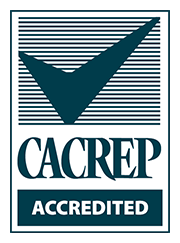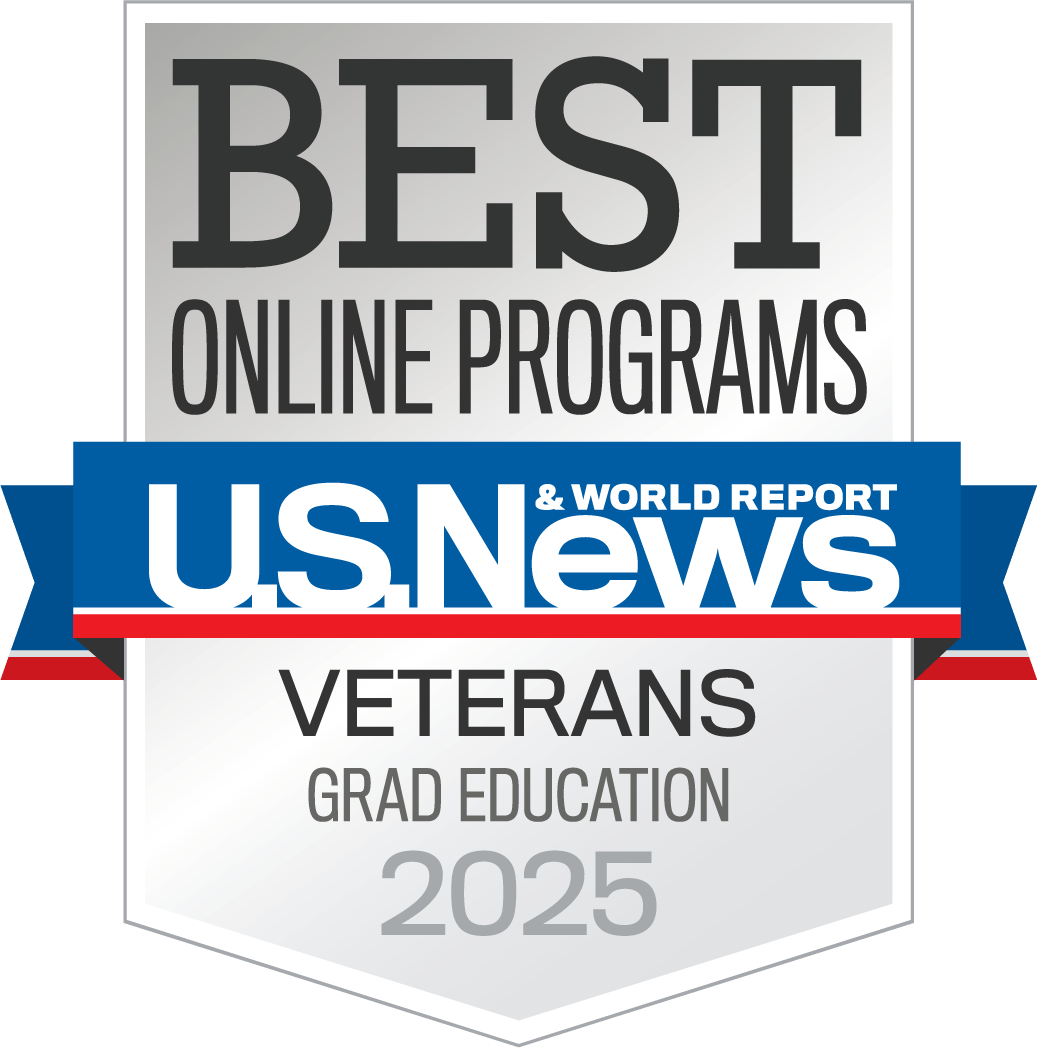Explore the Rehabilitation Counseling MS Program
Mission Statement
The mission of the Rehabilitation Counseling program at UMass Boston is to recruit, educate, and graduate diverse students to be competent rehabilitation counselors with the knowledge, skills, and dispositional standards required according to our professional certification. Rehabilitation counselors support and empower persons with a range of disabilities, including physical, mental, emotional, educational, and developmental disabilities, to participate fully in society. Our rehabilitation counseling graduates are prepared to work in a wide range of rehabilitation settings, including vocational rehabilitation, mental health, education, advocacy, independent living, and other settings that support the well-being of individuals with disabilities. We believe in the value and worth of all individuals, the right of all persons to self-determination, and that the attitudinal and environmental barriers faced by people with disabilities are fundamental obstacles to full inclusion that must be acknowledged and addressed.
In carrying out this mission, the faculty has an obligation to:
- Create a culture of intellectual excellence that is supportive of a diverse range of students.
- Promote social justice through their teaching, research, and service,
- Maintain a curriculum that incorporates evidence-based and best practices from the field and thoroughly covers all knowledge domains specified by CACREP, and
- Pursue grants that will further this mission.
Program Outcomes
In Fall 2023 there were:
- 24 students in the Clinical Track
- 21 students in the Vocational Track
- 5 Certificate students
3 students have taken a leave of absence for personal reasons.
The most recent pass-rate for the CRC exam, as reported by the CRCC is 85%.
The job placement rates for our seven graduates in the academic year 2021-2022 is 100%.
The number of students who received a RSA scholarship in the academic year 2021-2022: 17 students in the vocational track and 11 students in the clinical track.
The acceptance rate into the program is 60%.
Annual Reports
Program Objectives
Graduates of the program will:
- Demonstrate an ability to empower individuals with disabilities to select and implement life goals congruent with individual values, beliefs, and lifestyles. For many persons with disabilities, this includes support for access to meaningful education, employment, and independent living arrangements that match their interests and abilities.
- Be able to conceptualize and implement rehabilitation counseling services and interventions for people with disabilities from a holistic and developmental perspective.
- Develop a professional counseling identity and demonstrate the ability to function ethically and effectively within settings that offer vocational rehabilitation, counseling, advocacy, and/or related services to diverse populations.
- Identify and implement a range of assessment, counseling, and case management strategies applicable in a pluralistic society with individuals and groups to promote change and growth.
- Demonstrate respect for the impact of social and cultural factors on human behavior and the role of individual differences in establishing and working toward counseling objectives.
Program Description
Prepare for a career as a clinical or vocational rehabilitation counselor, helping people with disabilities to lead more independent lives.
UMass Boston's School for Global Inclusion and Social Development is home to the highest-rated rehabilitation counseling program in New England (US News and World Report, 2023)
Rehabilitation counselors support people with disabilities to lead productive and fulfilling lives, including working at integrated and competitive jobs in their communities. Our 60-credit online master’s program develops professionals to advance educational access and economic and social participation for individuals with disabilities. Find out more about salaries and career opportunities for qualified rehabilitation counselors.
We prepare our students to become leaders who promote inclusion in diverse settings and with varied populations. Students integrate classroom content with real-world application via their fieldwork. Students can choose between a clinical rehabilitation counseling track or a vocational track. The clinical rehabilitation counseling track is accredited by CACREP (Council for Accreditation of Counseling and Related Educational Programs) as a Clinical Rehabilitation Counseling program. The vocational track is accredited by CACREP as a Rehabilitation Counseling program.
The online program is flexible and convenient, and specifically designed for students with a busy schedule. The online component of the program is complemented with a one-week residential program in Boston during the summer in the first year. We have students from across the country, representing a diverse range of backgrounds and ages. Classes generally meet once a week, online, during the semester for teaching and interaction with the instructor and other students.
At the end of the program, students are eligible to sit for the Certified Rehabilitation Counselor exam to receive the credential as a nationally-certified rehabilitation counselor. Students in the clinical track will have fulfilled the pre-master's requirements for state licensure as either a rehabilitation and/or mental health counselor in Massachusetts and many other states (Counselor licensing requirements differ across states, applicants should review licensing requirements in the state in which they reside).
Program Faculty
Core Program Faculty
Lecturers
Tuition
The Rehabilitation Counseling MS is a high-quality graduate program offered at a reasonable cost. Tuition is set at a single rate for all students. For more details, see Special Price Program Tuition & Fees.
For information on financial aid, visit the Graduate Student Financial Aid section.
Rehabilitation Counseling MS Syllabi
COUNSL 601: Research and Evaluation in Psychology
COUNSL 605: Principles of Vocational, Educational, and Psychological Assessment
COUNSL 608: Psychopathology and Diagnosis
COUNSL 616: Group Counseling and Group Dynamics
COUNSL 620: Life Span Human Development
COUNSL 653: Sociocultural Consideration in Counseling
COUNSL 674: Psychopharmacology
REHAB 602: Medical, Psychological, and Educational Aspects of Disability
REHAB 603: Foundations of Rehabilitation
REHAB 610: Ethics. Case Management and Planning in Rehabilitation
REHAB 612: Vocational Rehabilitation and Placement
REHAB 613: Vocational Development and Career Information
REHAB 614: Motivation Interviewing
REHAB 615: Counseling Theories
REHAB 688: Rehabilitation Counseling Practicum
REHAB 698: Rehabilitation Counseling Internship 1
REHAB 698: Rehabilitation Counseling Internship II
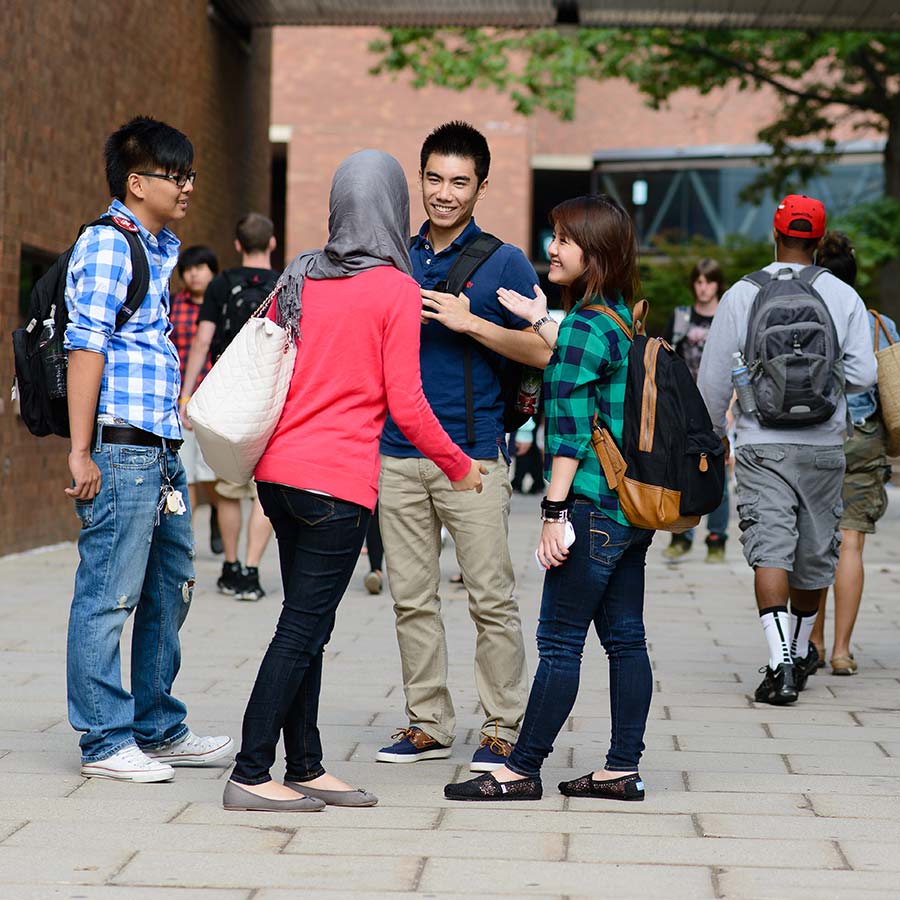
School for Global Inclusion & Social Development
Learn more about the faculty, research, and range of programs that make UMass Boston's School for Global Inclusion & Social Development (SGISD) remarkable.
Explore SGISDPlan Your Education
How to Apply
Admissions Criteria
Candidates for admission will be considered on the basis of the following criteria:
- Applicants must hold a Bachelor’s degree from an accredited institution of higher education. A 3.0 undergraduate GPA is required for full matriculation into the program. Students with an GPA below 3.0 and experience working with persons with disabilities may be considered for provisional acceptance, with matriculation if the student receives a B grade or above for the first 2 courses.
- Three recommendations from individuals able to testify to the student’s suitability as a prospective counselor
- Statement of intent:
- Explain your personal and professional reasons for wishing to pursue graduate studies (approximately 300
- Personal and professional characteristics you believe will contribute to your future success as a student and as a counselor.
- Indicate your specific interest in rehabilitation counseling, and discuss the type of work you would like to do in this field (approximately 1,200 words).
- This statement will be reviewed for both your overall message and your ability to write at the graduate level. Proofread your writing carefully; it is ranked according to its clarity, grammar, and syntax.
- A formal phone interview by the program’s faculty admissions committee will assess the prospective student’s application materials as well as personal/professional attributes and life experiences that may support the individual’s ability to be successful in the field of rehabilitation counseling.
- A GRE or MAT is NOT required.
How to Apply
Students apply through the Graduate Admissions Portal.
Accelerated MA 4+1 Admission
The MS in Rehabilitation Counseling does not currently require any specific academic background, but prefers graduates from the social sciences. Students must have a GPA of 3.2 at the time of application before they are eligible to apply. Ideally, students with a qualifying GPA and application would apply by Feb 1st of their junior year and be accepted into the MA in Rehabilitation Counseling, to begin the summer after their junior year, however, in their junior and senior years are eligible to apply.
Most students are matriculated into the program during the admission process. Sometimes, students are required to meet specific requirements to matriculate into the program. The email students receive from the Graduate Admissions Office outlines any requirements students need to make during their first semester in order to matriculate into the program. Please note that students are only able to transfer in 6 credits to the program, from courses they have taken as a non-matriculated student.
Deadlines & Cost
The deadlines for admission review, published on the website are the following:
- Feb 1 for priority admission for the summer semester, April 15 for regular review
- June 15 for Fall admission
- November 1 for Spring admission
All admission materials are submitted by students through the Graduate Admissions Portal and admission interviews will be conducted for candidates in February, April, June and November.
Application Fee: The nonrefundable application fee is $75. UMass Boston alumni and current students that plan to complete degree requirements prior to graduate enrollment can submit the application without paying the application fee.
Estimate Your Program Cost: Get a feel for your expected program costs using the Graduate Program Cost Calculator.
Program Cost Information: For more detailed information on costs, please visit the Bursar's website.
Curriculum
Core Courses (37 Credits)
- COUNSL 601 - Research and Evaluation in Psychology 3 Credit(s)
- COUNSL 605 - Principles of Vocational, Educational, and Psychological Assessment3 Credit(s)
- COUNSL 613 - Vocational Development and Career Information 3 Credit(s)
- COUNSL 616 - Group Counseling and Group Dynamics 3 Credit(s)
- COUNSL 620 - Life Span Human Development 3 Credit(s)
- COUNSL 653 - Sociocultural Considerations in Counseling 3 Credit(s)
- REHAB 602 - Medical, Psychological & Educational Aspects of Disabilities 3 Credit(s)
- REHAB 603 - Foundations of Rehabilitation 3 Credit(s)
- REHAB 610 - Ethics, Case Management and Planning in Rehabilitation 3 Credit(s)
- REHAB 612 - Vocational Rehabilitation and Placement 3 Credit(s)
- REHAB 614 - Motivational Interviewing 3 Credit(s)
- REHAB 615 - Counseling Theories 3 Credit(s)
- REHAB 611 - Rehabilitation Counseling Portfolio 1 Credit(s)
Track Courses (12 Credits)
Complete four courses from one of the tracks below.
Fieldwork Courses (11 Credits)
- REHAB 688 - Rehabilitation Practicum 3 Credit(s)
- REHAB 698 - Rehabilitation Internship 4 Credit(s) - take two semesters
For more information on curriculum, including course descriptions and degree requirements, visit the Academic Catalog.
Graduation Criteria
Complete 60 credits from 19 courses including twelve core courses, four track courses, two fieldwork courses, and one capstone course.
Track: Students must select a track in clinical rehabilitation counseling or vocational rehabilitation counseling.
Capstone: Students complete a capstone project as part of their Fieldwork Course REHAB 698.
Summer intensive: Students must attend a one-week session in late June and early July at UMass Boston where they take two clinically based courses.
Fieldwork: Students will be required to complete documented fieldwork experiences aligning with their chosen track.
- The vocational rehabilitation counseling track requires 100 total practicum hours and 600 total internship hours. The internship hours are split over two semesters (300 hours per semester).
- The clinical rehabilitation counseling track requires 100 total practicum hours and 600 total internship hours and must receive supervision from a licensed mental health counselor. The internship hours are split over two semesters (300 hours each semester).
Contact
Graduate Program Director Dimity Peter
dimity.peter@umb.edu
(617) 287-4316
Rehabilitation Counseling Graduate Programs
RehabAdmissions@umb.edu
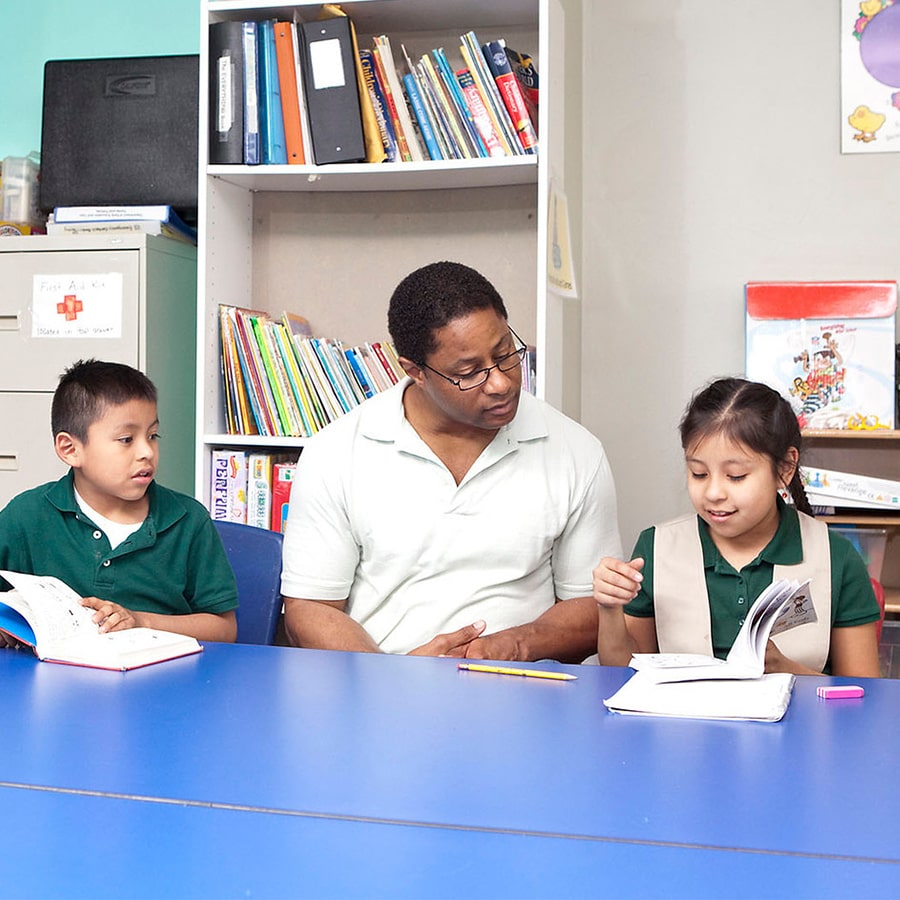
College of Education & Human Development
Learn more about the faculty, research, and programs that make up our College of Education & Human Development.
Explore College of Education & Human DevelopmentNational Council for State Authorization Reciprocity Agreements (SARA)
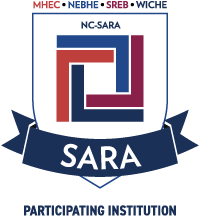
UMass Boston programs are designed to meet the requirements for licensure or certification in Massachusetts. Please contact your state licensing or certification board to determine whether the program meets the requirements for licensure or certification in other states.
Learn More about SARA

